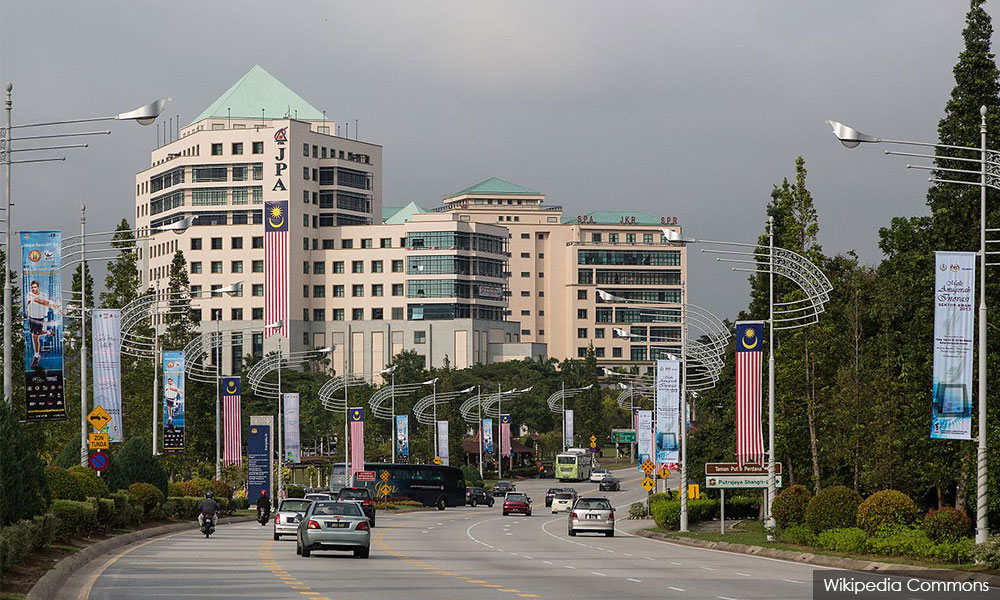
The Public Services Commission (PSC), which recruits and hires for the civil service (PTD), keeps applicants’ information in its database and uses this for shortlisting them for evaluation.
As the number of applicants usually exceed the available vacancies, the PSC applies certain shortlisting criteria for such as age, year of graduation, etc – that would be deemed arbitrary.
Applying this criteria may exclude potentially good candidates from entry into the officer pool, and defeats the purpose of admitting the best candidates into the service. Therefore, the shortlisting method should not be based on arbitrary criteria that could exclude recent graduates with excellent academic qualifications.
During my service as a member of the PSC, I had suggested to the chairperson that it should be more proactive if the government were serious about getting the best candidates onboard.
As the government sends scholars to the top universities abroad through the scholarship scheme by the Public Service Department (PSD), there were many instances in the past where, through the lack of coordination between the PSD and PSC, that graduates were not immediately enrolled into government service although they were bonded by the terms of their scholarship.
Since the time lapse between their return upon graduation and the recruitment exercise may be unacceptably long, it is proposed that the PSC conduct its interviews much earlier, subject to the scholars’ results and their sitting for the public service tests and assessment, in order for conditional offers be given much sooner to candidates selected for government service.
Testing and assessment
Candidates’ tests and assessments should be further improved. I say this based on the presumption that there have been no studies conducted to examine the validity and reliability of their use.
With increasing digitisation and the advent of more sophisticated technology, these tests should be aligned with the needs of the civil service.
If my previous experience with the assessment centre of the National Institute of Public Administration (Intan) is still relevant, there needs to an upgrading of skills on the part of the staff conducting the assessment.
They should be certified as assessors to evaluate and assess the suitability of the candidates for entry into the civil service. It would be regrettable if the officers conducting the assessment aren’t sufficiently up to the mark to evaluate the suitability of exceptionally qualified candidates.
Interview stage
Presently, the interview boards are set up by the PSC. These consist of a member of the commission sitting as the chairperson and a representative of the PSD.
Since members of the commission are normally appointed from retired civil servants who have served for more than 30 years and have accumulated significant experience in government, it is presumed that this is sufficient for them to determine the suitability of the candidates for appointment into the civil service.
I propose that members of the PSC who sit as the chairperson of the interview boards undergo a skills-upgrading course on the techniques of interviewing and evaluating candidates. Similarly, the PSD representative must possess the skills of determining candidate suitability, as well as have sufficient seniority to sit on the board.
Frequent changes of the PSD representatives during the interviews should not be allowed, and the same representative should complete the entire Interview Board term to ensure consistency.
After my own experience in several recruitment exercises for the selection of candidates into the civil service, I found to my consternation that the chairperson of the interview boards hardly gave any cognisance to the test scores of the individual candidates’ psychological tests.
It is left to each chairperson to decide whether to use the tests to evaluate the candidate.
In view of the present state of affairs in the civil service where top-level officers have failed to stop the abuse of power by the politicians, it is imperative that the choice of candidates possessing integrity and courage, as well as the capacity to prevent abuse to the machinery of government must be at the forefront.
Good governance must begin with having high-calibre individuals recruited into the civil service, with the hope they remain committed to the goals of upholding the word and the spirit of the Federal Constitution.
I would also like to propose that the PSC adopt the best practices of other countries with similar systems of government such as Australia, Canada and Singapore, in order to reform our methods of recruitment into the public services for the future betterment of our beloved nation.
ABDUL HALIM SHAH ABDUL MURAD is a retired officer of the civil service and an ex-member of the Public Services Commission. - Mkini



No comments:
Post a Comment
Note: Only a member of this blog may post a comment.